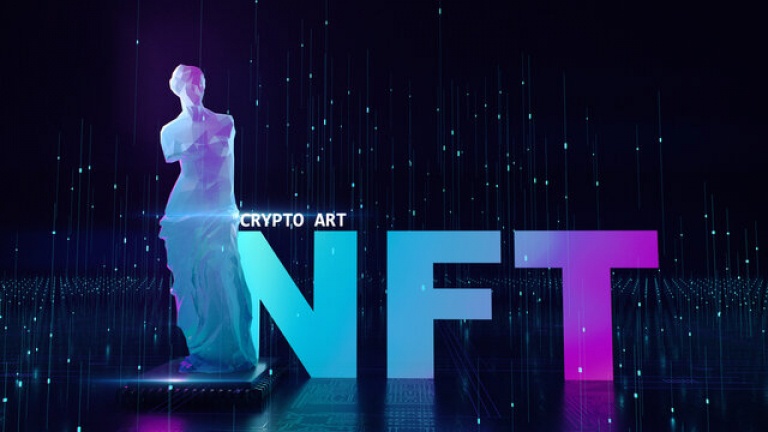The rise of Non-Fungible Tokens (NFTs) has ushered in a paradigm shift in the way we perceive digital ownership and value. As the NFT ecosystem continues to expand, a variety of NFT marketplaces have emerged, each catering to different niches and purposes. In this blog post, we'll delve into the exciting world of NFT marketplaces and explore the various types that have taken the digital realm by storm.
1. Art-Focused NFT Marketplaces
Art-focused NFT marketplaces are the pioneers that introduced NFTs to the mainstream. These platforms provide a space for artists, both established and emerging, to showcase and monetize their digital creations. Marketplaces like OpenSea, Rarible, and SuperRare allow artists to tokenize their artworks, granting them a new revenue stream while maintaining direct engagement with their audience.
2. Gaming and Virtual Assets Marketplaces
Gaming and virtual asset marketplaces revolve around NFTs tied to in-game items, characters, and virtual land. These NFTs enable players to have true ownership of their in-game assets, fostering a vibrant secondary market. Decentraland and The Sandbox are examples of marketplaces where users can buy, sell, and trade virtual land, opening up endless possibilities for immersive experiences and virtual economies.
3. Collectibles and Trading Cards Platforms
NFT collectibles have brought the nostalgia of physical trading cards to the digital age. Platforms like NBA Top Shot and CryptoKitties allow users to collect, trade, and own unique digital collectibles. These collectibles often have scarcity and provenance, enhancing their desirability and value within the community.
4. Music and Entertainment NFT Marketplaces
Music artists and entertainers have also embraced NFTs to create new revenue streams and interact with fans. NFT marketplaces dedicated to music, such as Audius and Foundation, enable musicians to sell exclusive tracks, albums, and experiences as NFTs. This direct-to-fan model empowers artists to retain greater control over their work and engage with their audience on a deeper level.
5. Metaverse and Virtual World Marketplaces
Metaverse and virtual world marketplaces are at the forefront of the NFT revolution, creating immersive digital spaces where users can interact, create, and trade. Decentralized virtual worlds like Decentraland and Somnium Space enable users to buy, sell, and build on virtual land parcels, blurring the lines between virtual and physical reality.
6. Niche and Specialized Marketplaces
Niche and specialized NFT marketplaces cater to specific communities and interests. These platforms focus on unique areas such as digital fashion, domain names, rare domain extensions, and more. NFT marketplaces tailored to specific niches allow enthusiasts to explore and trade assets that align with their passions.
7. Hybrid and Multi-Chain Marketplaces
Hybrid and multi-chain marketplaces leverage the capabilities of multiple blockchains to enhance scalability and accessibility. These platforms aim to offer users the flexibility to choose the blockchain that aligns with their preferences while providing a seamless experience for buying, selling, and trading NFTs.
8. Green and Sustainable NFT Platforms
With growing environmental concerns surrounding energy-intensive blockchains, green and sustainable NFT platforms have emerged. These platforms prioritize eco-friendly blockchain networks, such as Proof-of-Stake (PoS) blockchains, which have a lower carbon footprint. These marketplaces offer NFT enthusiasts a way to engage with the technology while minimizing their environmental impact.
9. Social and Community-Driven Marketplaces
Social and community-driven NFT marketplaces focus on fostering interaction and engagement among users. These platforms often integrate features such as user profiles, following, comments, and sharing, creating a vibrant ecosystem where users can connect over shared interests.
Conclusion
The diversity of NFT marketplaces highlights the versatility and adaptability of blockchain technology. As the NFT ecosystem continues to evolve, new types of marketplaces will likely emerge, catering to an even wider range of interests and industries. Whether you're an artist, a gamer, a collector, or an enthusiast in any field, there's likely an NFT marketplace tailored to your passions. These platforms not only provide opportunities for creators and collectors but also reshape the way we interact with digital content, ownership, and creativity.


No comments yet